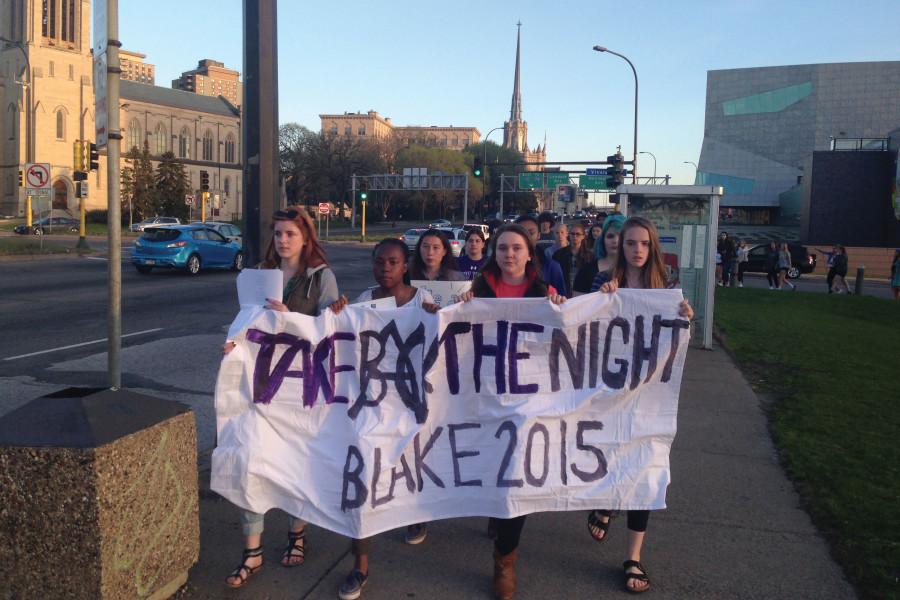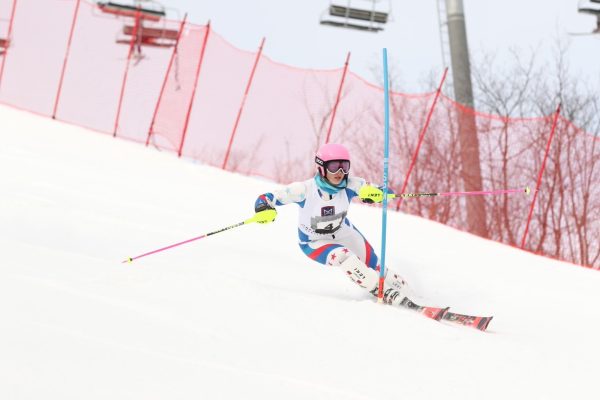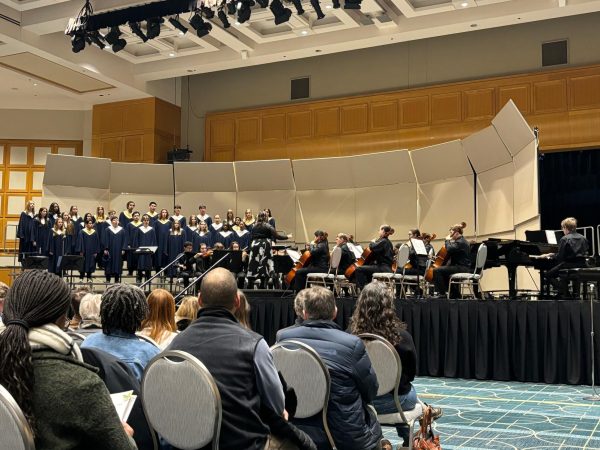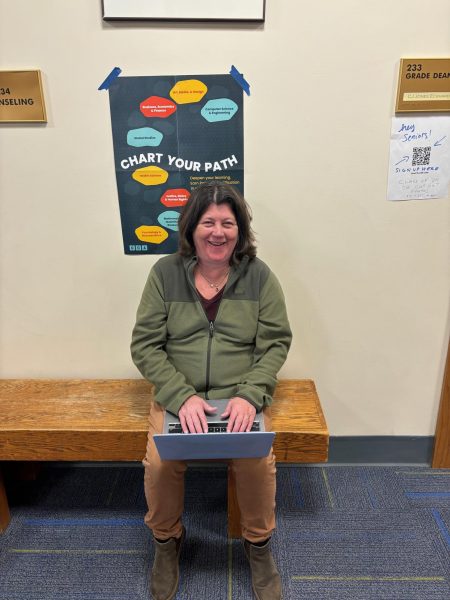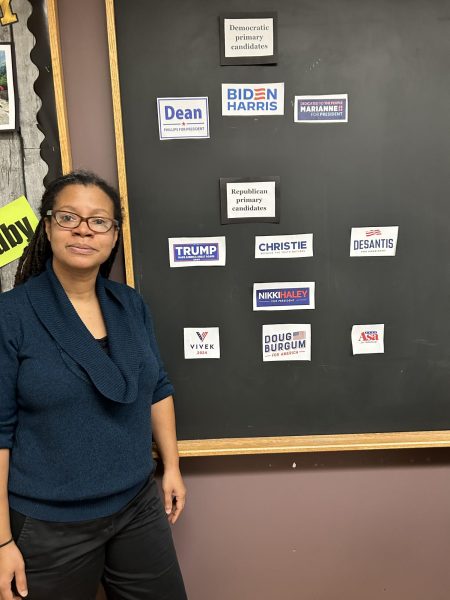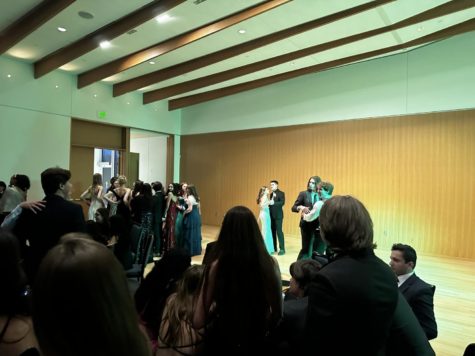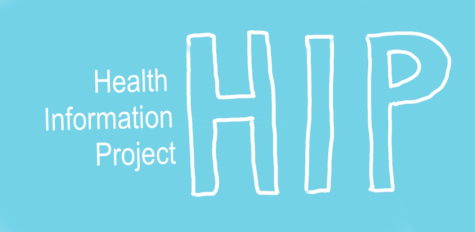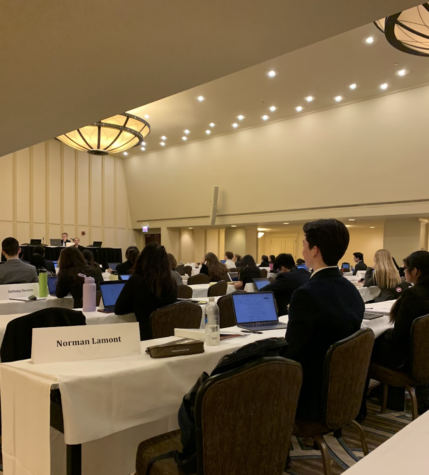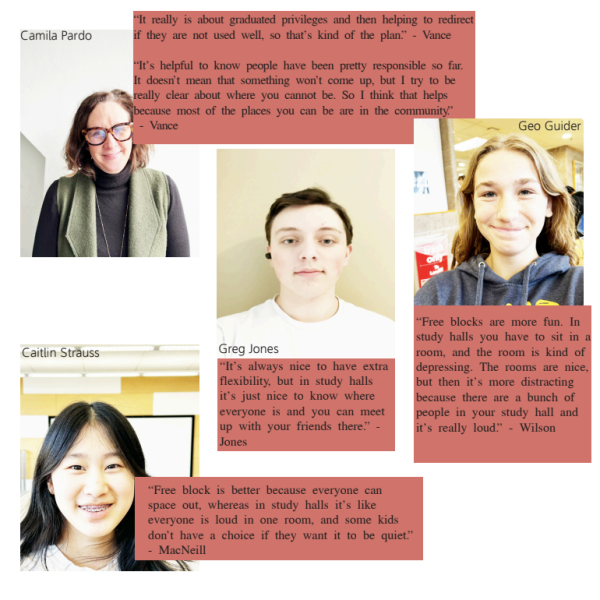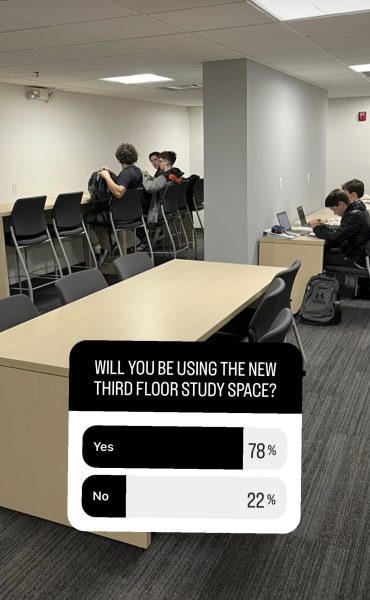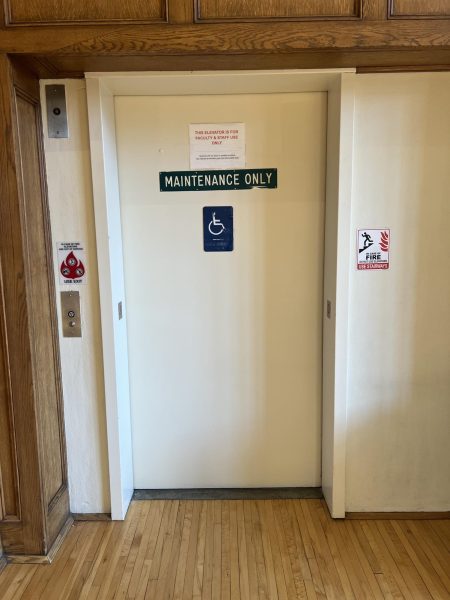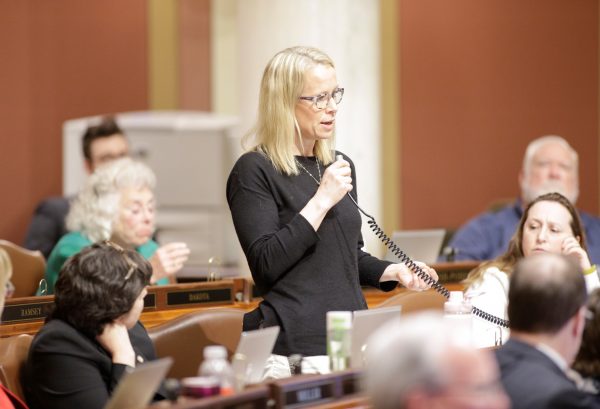UVA article under scrutiny after Rolling Stone mishandles story
Nationwide response to the discredited article and its wider implications
When Rolling Stone’s November article on UVA fraternities dropped, widespread rage caused colleges, students, and parents to refocus their view on sexual assault at college campuses. However, new evidence from an investigation by Columbia University shows that Rolling Stone mishandled evidence on the story to the point where the story is completely discredited.
“A Rape on Campus,” written by Sabrina Rubin Erdely, told a survivor’s story of a gang rape including six members of the Phi Kappa Psi fraternity at University of Virginia. The survivor, named only as Jackie, describes how she was brutally raped during a frat party as a part of frat brothers’ initiation, and the subsequent years following the rape.
Jackie recalls how her friends encouraged her not to report the incident in order to avoid a lengthy investigation and a negative reputation. However, the isolation and shame she experienced after the incident caused Jackie to spiral into a deep depression that affected her socially, emotionally and academically.
BACKLASH ON CAMPUS
After the article was published, sexual assault and rape culture at colleges became a heated point of discussion. The University of Virginia launched an internal investigation on Phi Kappa Psi, suspended all Greek life, and released a statement condemning the behavior and vowing to address the issue.
In the statement, UVA stated: “We are deeply saddened and disturbed by the events reported in the recent Rolling Stone magazine article. Conduct of the sort described in the article is utterly unacceptable and will not be condoned at the University of Virginia.”
Students expressed their outrage towards the administration for only addressing sexual assault on campus after it became public news.
Dani Bernstein, a writer for the student newspaper called The Cavalier Daily, wrote, “We see the problem is not a lack of effort from the student body, but rather a lack of response from the administration.”
Bernstein goes on, explaining that if you “Replace ‘UVA’ with any [other] school … the article probably would not change significantly.”
DOUBTS RAISED
With that said, the week the article was published, various media sources began to point out inconsistencies between Erdely’s article and evidence from the investigations on Jackie’s story. For example, Jackie was allegedly raped during a pledging ritual in the fall. However, Phi Kappa Psi did not have a party the night the rape was said to take place.
Erdely also failed to investigate further, ignoring interviews with friends of Jackie and members of the accused fraternity.
The lack of fact-checking, editing, reporting and investigation conducted by Erderly and her editors lead to what CNN called “a journalistic failure.”
On April 5, Rolling Stone officially retracted and discredited the article after an investigation by police and the Columbia University School of Journalism found multiple discrepancies and lack of concrete evidence. After Columbia discredited the story, Phi Kappa Psi promptly filed a lawsuit against Rolling Stone due to the “extensive damage” the investigation caused to the fraternity and its members.
WIDER IMPLICATIONS
Even though Erdely’s article has been discredited by Rolling Stone, “A Rape on Campus” has provoked discussions at countless colleges and universities on how to address sexual assault, support victims, and prevent rape. One popular change to policy is affirmative consent. Affirmative consent is defined as “affirmative, conscious, and voluntary agreement to engage in sexual activity every step of the way.” Only “yes” means “yes”. As for how colleges have changed their guidelines in response to this article, Caroline Uphus ‘15 says, “I feel that [colleges] only [redefined rape] once cases started getting a lot of attention. It wasn’t as big of an issue until it got negative publicity, and then colleges figured, ‘We should probably do something about this.’”
LACK OF PROGRESS
Despite colleges’ efforts, sexual assault still poses a threat to numerous college students. According to the website for Sexual Assault Awareness Month, 20-25% of women will experience sexual assault sometime in college. Senior Kira Leadholm ‘15 says, “As a girl going to college, it’s something that definitely worries me. People are concerned with girls preventing the situation and being careful, but that shouldn’t have to be a problem. Preventing being a victim of rape seems to be a bigger deal than being an instigator.”
Erin Adams echoes a similar sentiment, stating, “As a larger culture, we have so many problematic messages and beliefs about sex, masculinity, sexism, etc. that it infuses many different environments.” She continues, saying that “colleges may be more fearful of being in the headlines because of a sexual assault issue that they put policies or protocols in place to say they are doing something about it, but the real programming that needs to happen to shift a culture isn’t there.”
Discrediting Jackie’s story also poses a major obstacle to victims’ credibility. ABC News stated that Rolling Stones’ discrediting “takes sexual assault back 30 years.”
According to the Rape, Abuse and Incest National Network (RAINN), one in six women will be sexually assaulted in her lifetime. Although Jackie’s story may not be rooted in truth, its underlying messages demonstrate a pandemic issue of sexual violence and assault. Eventually, with the help of support groups and new policies, sexual assault will become a figment of the past.

